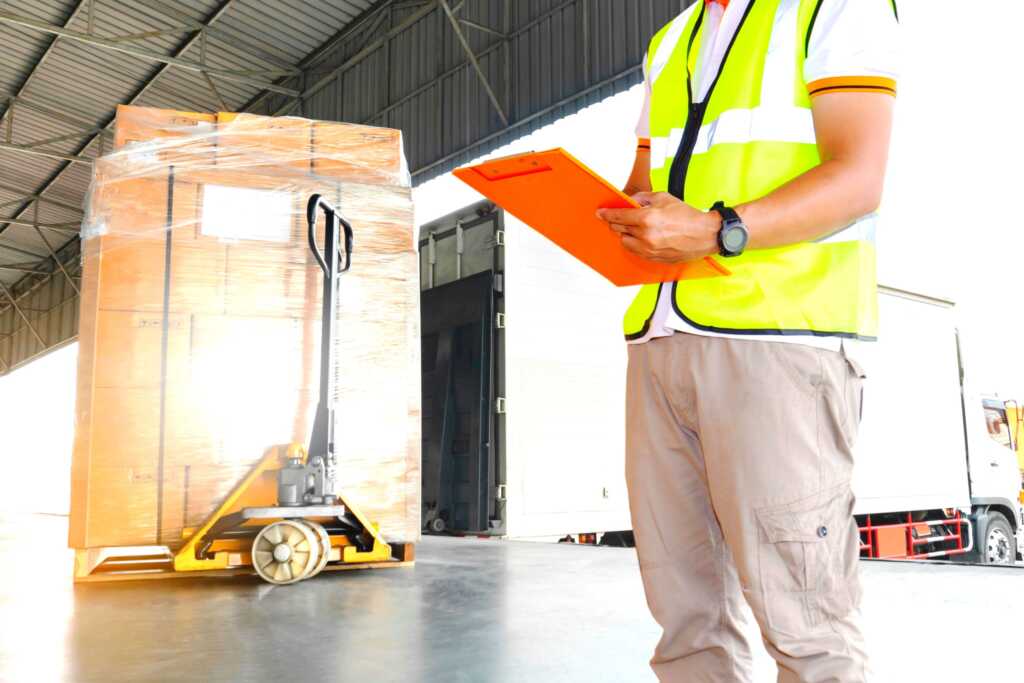Blog

Cleveland Freight Consolidation: Lower Costs, Greener Commerce, Happier Clients
Surging e-commerce demands are the new normal in trade – both domestically and globally. Staying afloat means keeping costs reasonable, prioritizing customer satisfaction, and implementing greener supply chain practices for sustainability. One way to check all three boxes is with Cleveland freight consolidation.
Freight consolidation is a practice whereby shippers combine multiple less-than-truckload (LTL) shipments all destined for the same geographical end point. If a single shipper only uses two-thirds of a trailer, they’re still going to pay for the entire space – unless the freight can be efficiently consolidated with orders from other customers headed in the same direction. In that case, they can split the cost of a single trailer, paying only for the percentage of space they’re actually using.
When freight is consolidated, shippers can make the most of every trip. Fewer large truck trips is not only cheaper, it also means less gas and roadway wear-and-tear, which is a net positive for the environment.
For end customers, freight consolidation has two major benefits: Shorter lead time and lower shipping costs. Faster order fulfillment is possible when companies can afford to ship smaller orders right away, as opposed to spacing them out to allow for buildup of a volume that will justify the expense of an entire truckload.
More than simply an added bonus, these savings can be a make-or-break factor when weighed against the economic strain so many firms are currently facing, such as ongoing labor shortages, port congestion, tight transportation capacity, record-high warehouse pricing, and the overall rising cost of raw materials and packaging.

Third-Party Logistics’ Role in Cleveland Freight Consolidation Strategies
The many benefits of Cleveland freight consolidation for import and export freight are well-established. The biggest implementation challenge for most companies is effective coordination of all the moving parts needed. This is where a third-party logistics (3PL) company can prove indispensable.
A 3PL has not only the insight on the most efficient routes and fleets, they can connect clients from all over with similar goals – in the region, on the route, at a central consolidation/distribution center, or at similar retail destinations.
Clients benefit from the long-standing working relationships third-party logistics operators have forged with strategically-situated warehouses, distribution centers, shippers, and retailers. This allows for improved communication and flexibility, which ultimately translates to:
- Quicker delivery times
- Improved order visibility
- Simple pricing
- Better level of service
- Reduced loading dock congestion (fewer trucks means less processing time and faster in-and-out)
- Minimized handling (fewer touches mean less product damage risk, particularly when working with an experienced 3PL)
- Boosted sustainability
- More control over production schedules and due dates
Don’t solely take our word for it: In a recent analysis published by the U.S. Department of Transportation on the impact of freight consolidation and truck sharing. Study authors looked at several algorithms designed to aid online freight marketplaces in identifying efficient consolidation strategies, as well as route optimization and consolidation in a handful of mid-sized cities.
Ultimately, the cost savings potential of freight consolidation just in these few markets showed:
- Same delivery volumes achieved with only 67 percent of current truck usage.
- Operational costs reduced by 23 percent.
- Mileage expenditures slashed by 17 percent.
While the study didn’t specifically zoom in on how this process minimized environmental impact, that benefit is inherent anytime the number of trips and truckloads goes down.
For information on our Cleveland freight consolidation services, contact On Time Delivery & Warehouse by calling (440) 826-4630 or send us an email.
Additional Resources:
Study the Impacts of Freight Consolidation and Truck Sharing on Freight Mobility, April 1, 2019, U.S. Department of Transportation
More Blog Entries:
Cleveland Transloading Service Benefits, Oct. 15, 2022, Northeast Ohio CFS Freight Blog
- Categorized: Warehousing

Comments are closed.